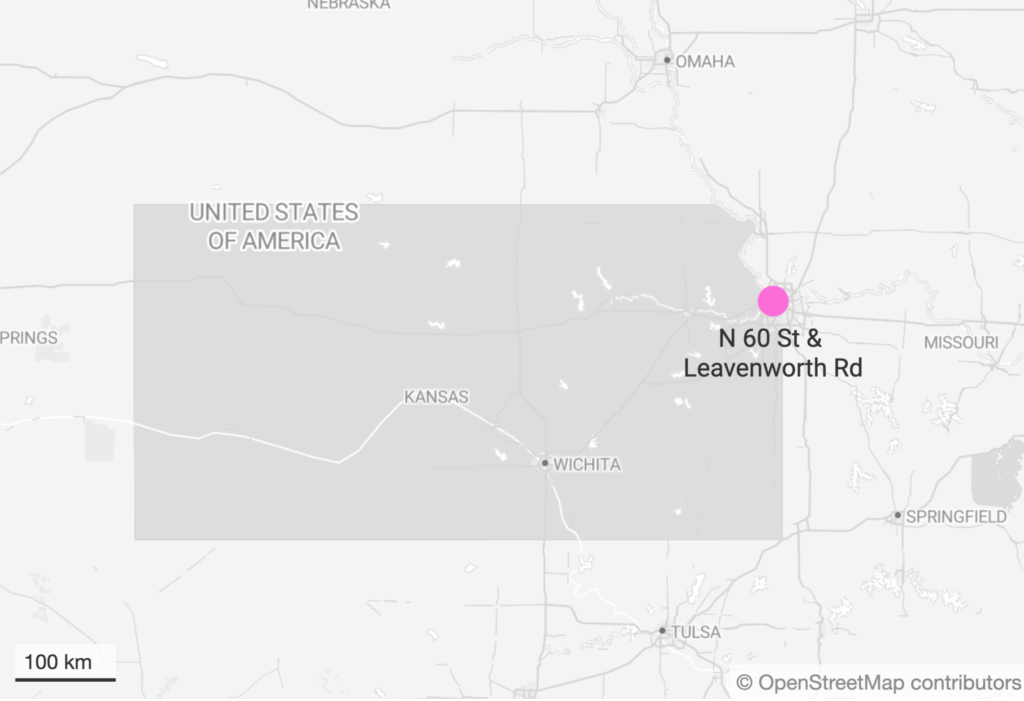Alaska Shelter Can Turn Away Transgender Women following City Decree
A faith-based Anchorage women’s shelter claimed victory Monday in a lawsuit against the city over a requirement that it accept transgender women.
The city has agreed to make permanent a judge’s recent order affecting the downtown Hope Center shelter, conservative Christian law firm Alliance Defending Freedom and city attorneys said in documents filed Monday in federal court. In August, U.S. District Court Judge Sharon Gleason issued an injunction preventing the city from applying its gender identity law to the shelter.
The injunction showed the city it was unlikely to succeed in further litigation, Anchorage Municipal Attorney Becky Windt Pearson said. The consent decree filed Monday treats the shelter as a private accommodation, which means the public protection law does not apply to it, she said.
“We had a fairly clear message from the federal court through Judge Gleason’s order that she did not think that we would prevail in our argument that downtown Hope Center fell within the definition of public accommodation,” Windt Pearson said.
Related
Man charged in ‘horrendous’ attack on victim activists say is transgender
As part of the consent decree filed Monday, the city also has agreed to pay the shelter $1 in damages and $100,000 in attorneys’ fees and other costs.
Alliance Defending Freedom, which represents the shelter, said the agreement was the right outcome.
“Faith-based nonprofits should be free to serve consistently with their beliefs and mission,” alliance attorney Ryan Tucker said in a statement. “The end of this case means the center can continue its critically needed work to help the vulnerable women it serves and fulfill its duty to do everything it can to protect them.”
The shelter operators sued the city and its Equal Rights Commission last year, months after a transgender woman complained to the commission that she was denied entry at the shelter. The lawsuit said homeless shelters are exempt from the local law and that constitutional principles of privacy and religious freedom are at stake.
Recommended
OUT NEWSStudy dispels stereotypes of rural LGBTQ people of color
U.S. NEWSSouth Carolina postal worker murdered along route, police seeking help from public
The complaint with the commission was dismissed after the August injunction, according to municipal lawyers.
Alliance attorneys have said many women at the shelter are survivors of violence and allowing biological men would be highly traumatic for them. They said biological men are free to use the shelter during the day, adding there are other shelters in the city where men can sleep.
Related
Transgender woman in Supreme Court case is ‘happy being me’
The plaintiffs maintain the person identified only as “Jessie Doe” showed up inebriated after hours in January 2018 and was not turned away because of gender. The shelter officials even paid for a taxi to take her to a hospital for treatment of a forehead wound from fighting at another shelter, according to alliance attorneys.
The same individual showed up the following day and again was denied entry, according to the motion for a preliminary injunction. Plaintiffs say they want the federal court to make clear that the shelter is not violating the law.
Alliance Defending Freedom also represented a Colorado baker who refused to make a wedding cake for a same-sex couple. In a limited decision, the U.S. Supreme Court sided with the baker, but it did not rule on the larger issue of whether businesses can invoke religious objections to refuse service to gays and lesbians.


